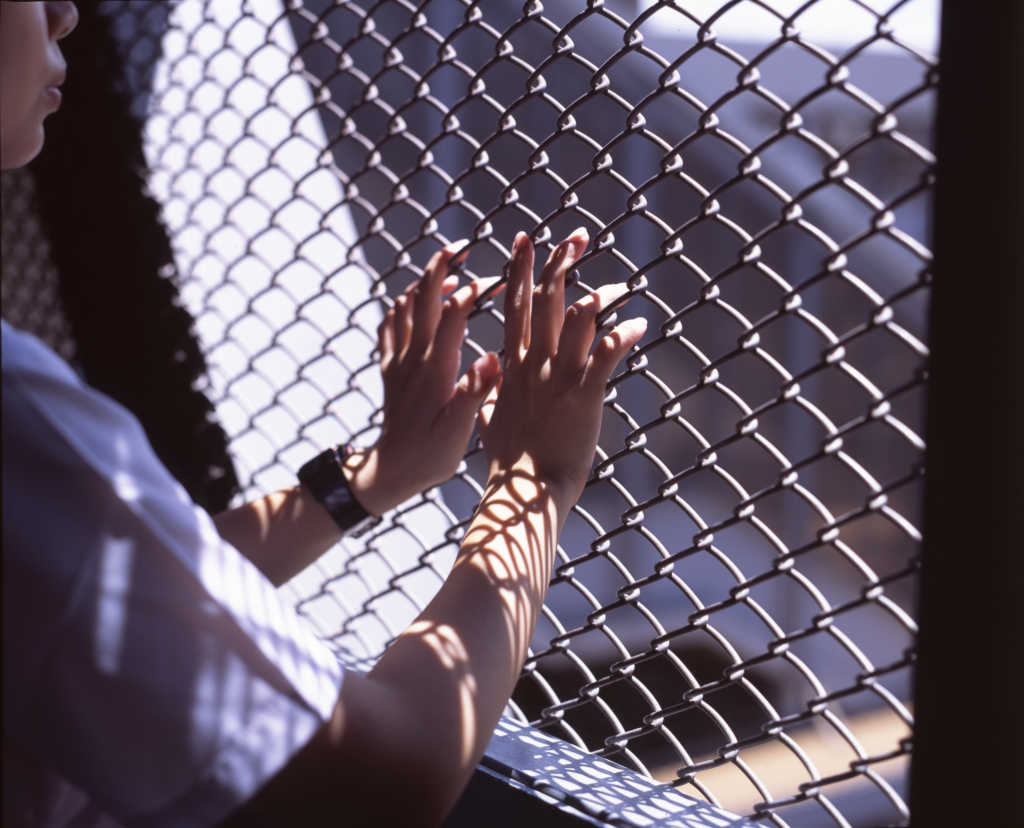Karen Garcia is like any other devoted Mom — she loves her daughter deeply and cares for her with all her heart. The only difference is, she’s in prison.
But despite a conviction for drug dealing and selling a firearm, the 40-year-0ld has been granted the opportunity to be a central part of her daughter’s upbringing from within the confines of the Washington Corrections Center for Women.
‘First of its Kind’ Bible Project Connects Imprisoned, Homeless and Hurting Women With the Gospel
“For a moment everything seems normal,” Garcia told PEOPLE. “And then I’m reminded where I am because there are barbed-wire fences everywhere.”
Washington is one of only 11 states in the country that provides prison nursery facilities to inmates with young children. The Residential Parenting Program (RPP) was founded in 1999, and applies to women in the minimum-security facility who have sentences up to 30 months.
By these guidelines, Garcia was technically out of luck. With a sentence of 60 months, it was highly unlikely that she’d be allowed to see her daughter very often at all. But that didn’t stop her from fighting.
“The only thing I could do was fight for my daughter,” said Garcia, who gave birth on Feb. 2, 2016. “I could fight to get into the program. I just wasn’t going to take no for an answer.”
According to the Washington State Department of Corrections, participants in the program are required to:
- Get involved in pre-and-postnatal programs, such as parenting skills,
child development, self-care and self-esteem, positive discipline,
nutrition and family life skills. - Structure their various commitments to accommodate the needs of
their children, utilize the child development center and approved
inmate caregivers. - Work with facility staff to develop a case plan to address their
programming needs to include program requirements. - Participate in educational components that teach positive and
effective parenting skills, give children care that focuses on their
developmental and educational needs.
Garcia pleaded with prison officials to allow her to see Aryanna, her 2-year-old daughter. To her amazement, and as a result of her excellent behavior while incarcerated, she was accepted into the program! Karen recalled receiving that wonderful news, saying it was one of those moments you “never forget.”
“My mornings are better here than they would be if I was home. My daughter doesn’t see any of the things that I’ve seen before I got here. She gets to wake up to a mother who loves her unconditionally. This is my second—and only—chance,” she added.
After years of drug and alcohol abuse, Karen sees this wonderful prison program as a fresh start for her and Aryanna. She first became a mother at 18, but lost contact with her son after becoming embroiled in a life of crime.
Now, as she approaches the end of her sentence, she has strong desire to make amends.
“I didn’t want to abandon my daughter like I did my son so many years ago,” she said. “This program has strengthened me and has given me the ability of get clean and sober.”
Not only has Garcia been able to spend quality time with her daughter, but the Residential Parenting Program has enabled her to receive drug treatment and therapy while learning key parenting and life skills such as preparing healthy meals, changing diapers and ensuring bathtime safety.
Karen has also been learning carpentry and hopes to secure a good job with labor union benefits after her release on Feb. 23, 2019. She is also seeking to reunite with her husband, Jason Garcia.
“I’ve opened my eyes and changed my life around,” Karen explained.”I’m not a bad person, but I made bad choices. Your past doesn’t have to define you, and it doesn’t define your future.”
(H/T: PEOPLE)



